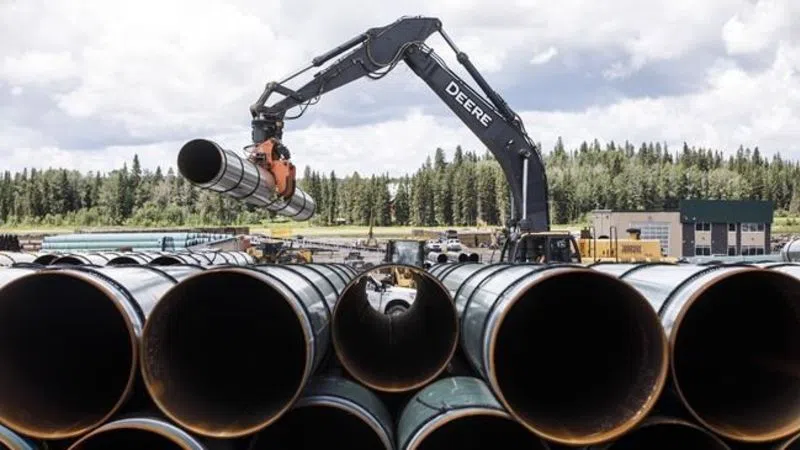
Ottawa’s consultation with Indigenous groups on pipeline was meaningful: Lawyer
VANCOUVER — Lawyers for the Canadian government say it conducted a new round of consultations with Indigenous groups about the Trans Mountain pipeline expansion that was reasonable, adequate and fair.
Jan Brongers began arguments on behalf of the federal government Tuesday, asking the Federal Court of Appeal to toss out legal challenges to the government’s approval of the project for the second time.
The court has heard from four Indigenous groups in British Columbia that say the government once again failed in its duty to hold meaningful dialogue about the project during consultations conducted between August 2018 and June 2019.
“The shortcomings of the earlier process were not repeated and therefore these four applications should be dismissed,” Brongers told a three-judge panel in Vancouver.
